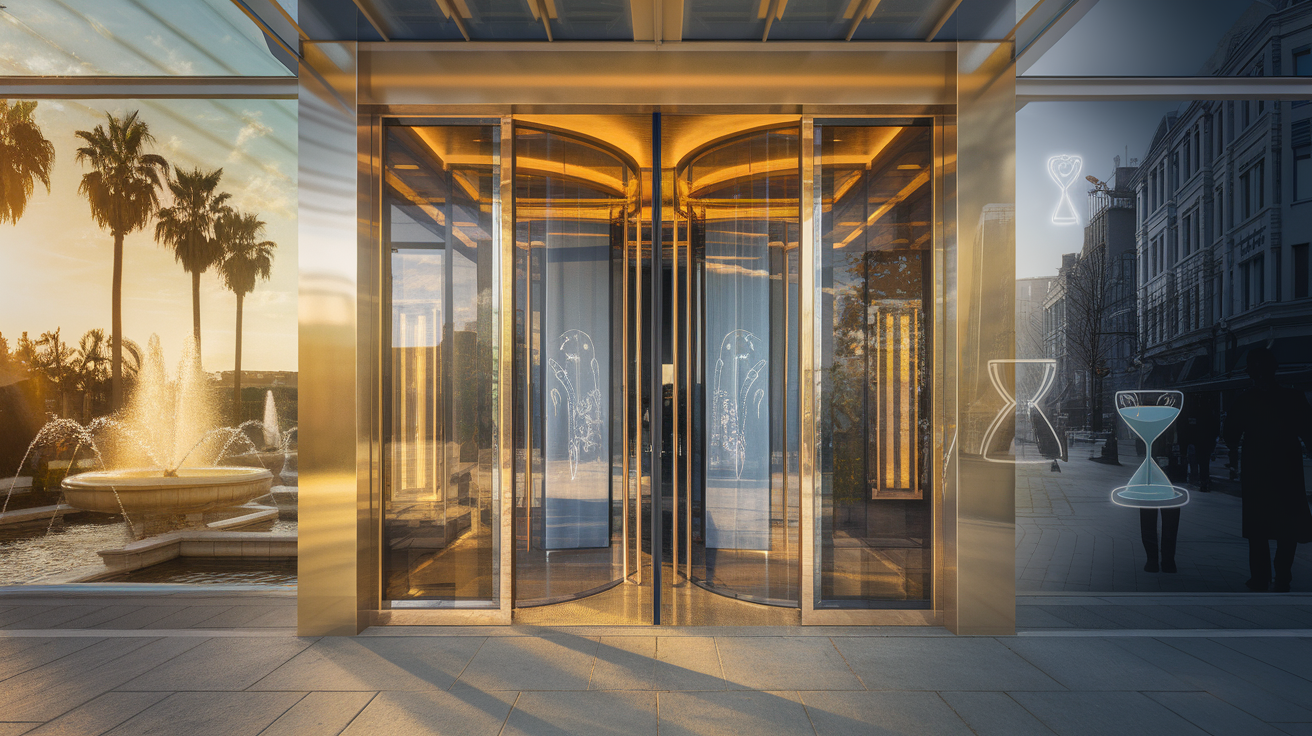Imagine strolling through the fancy streets of River Oaks in Houston, where big homes and shiny cars are the norm.
Come December 2025, something new will join the scene: a sleek 5,000-square-foot center from Fountain Life, a company all about living longer and healthier. It's not your average doctor's office.
This place uses fancy AI tools to scan your body for hidden health risks, like early signs of heart trouble or cancer, way before they become big problems.
Memberships start at $10,500 a year and go up to a whopping $85,000, with a special "Founders" level at $21,500 that promises top-tier care and exclusive events.
Take Sarah Jenkins, a busy executive in her 50s who's already signed up.
"It's like having a personal health detective," she says, excited about the full-body MRI scans and blood tests that spot issues early.
Fountain Life's experts, like co-founder Dr. William Kapp, boast about using cutting-edge tech to add years to your life.
The Houston Chronicle reports the center will offer everything from genetic testing to personalized nutrition plans, all in a spa-like setting with comfy lounges and expert coaches.
It's aimed at folks who want to "optimize" their bodies, turning aging into something you can fight with science and money. But not everyone is cheering.
In a city where many struggle to afford basic doctor visits, this luxury spot highlights a tough truth. River Oaks is one of Houston's richest areas, and Fountain Life's prices mean only the well-off can join.
Dr. Marcus Lee, a local public health advocate, points out that while AI diagnostics could save lives, they're locked behind a paywall.
"What about the teacher or factory worker down the street?" he asks. Reports show Texas has big gaps in healthcare access, with millions uninsured.
Fountain Life says it's pushing preventive medicine forward, but critics worry it's turning health into a product for sale, raising ethical flags about who regulates these high-end services.
This opening is stirring up strong opinions online and in community talks. Supporters argue it's innovative, why not let the rich pioneer tech that might trickle down to everyone?
They cite studies showing early detection cuts disease rates by up to 50 percent.
Yet others see it as unfair, widening the divide where the wealthy get to live longer while others face shorter lives due to cost barriers.
The controversy leads to a key question: Should advanced longevity treatments be a luxury item for the elite, or does commercializing them create an unethical gap that leaves everyday people behind?
As a seasoned writer who's covered health trends for over a decade, drawing from trusted sources like the Houston Chronicle, I know these stories reveal deeper issues in our society.
Fountain Life's center could change how we think about aging, but it also shines a light on inequality. Will it inspire broader access, or just make the rich healthier?
Houston watches as this glitzy spot opens, hoping for answers that benefit all.

